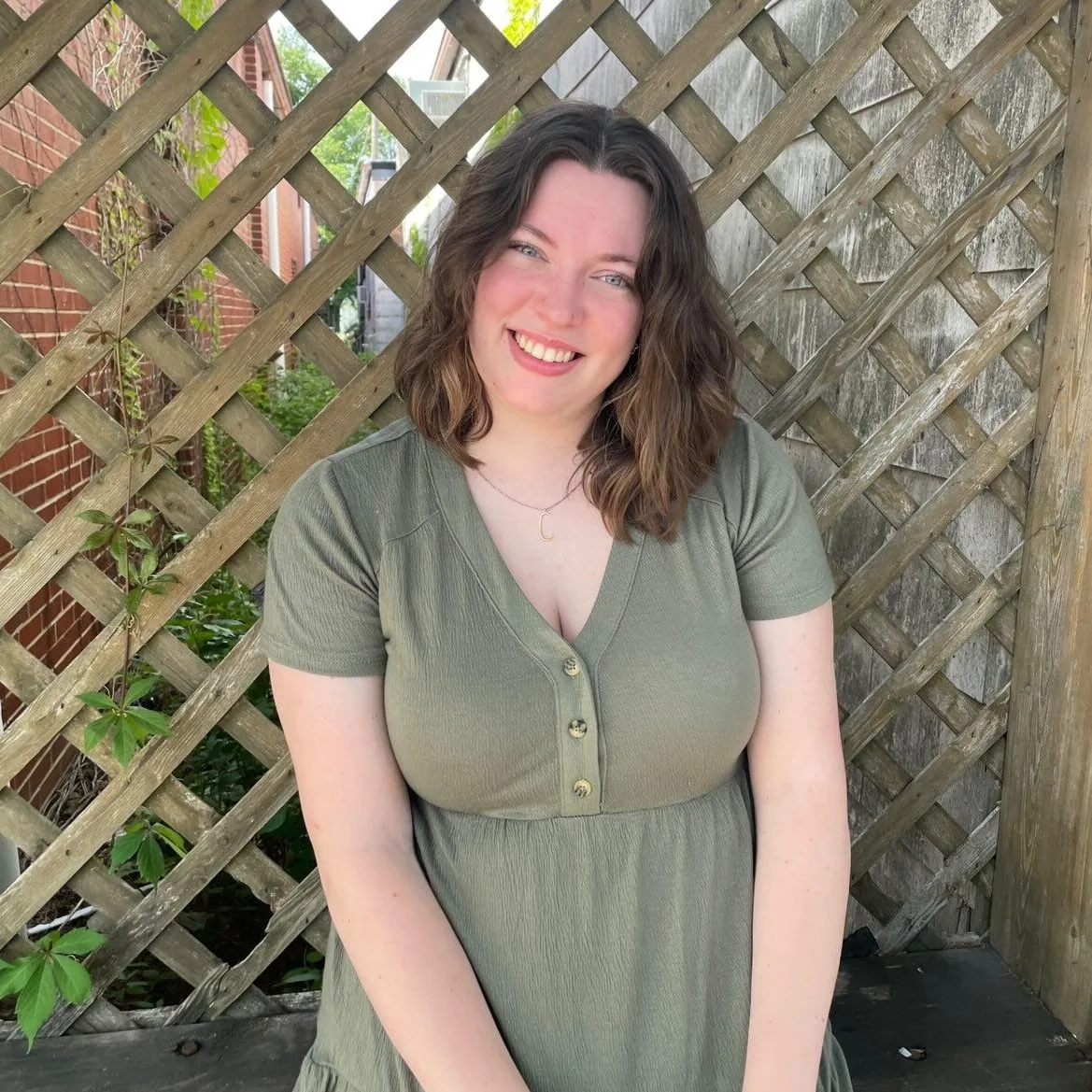The university’s annual exploration of contemporary music and art is underway, with the kickoff of the NOW Festival starting on Jan. 11 with Ukrainian composer-in-residence Alla Zagaykevych.
The NOW Festival was founded in 1987 and has aimed “to expose the Central Ohio community to international, national, and regional living artists and their work, exposing, exploring, and discussing the role of music in contemporary society.” There are performances every day of the week to illustrate the talent of the university community and beyond.
This year’s planning has been largely spearheaded by Conservatory of Music professors Dr. Dina Lentsner and professor Tony Zilincik. They have worked together with each other, their students and Zagaykevych to ensure each event is a success.
The NOW Festival focuses on showcasing composers with music that has been written in the last 5-10 years who are “doing work right now that [the organizers] feel needs to be heard.” The goal is to highlight the art of tomorrow being made today.
Typically there is no set theme, but Lentsner and Zilincik felt it fitting to present “Art in Time of Conflict” to showcase the significance of art in strife while welcoming a Ukrainian guest composer.
According to Elizabeth Oliva, a sophomore composition major, the experience of the festival is invaluable, especially “being able to experience… different art forms at the same time, even if they’re not strictly meant to be packaged in that way.”
Zagakevych did not grow up in a musical family but found composition to be an “organization of life” and a way to connect the music of her culture with modern electroacoustic music.
Electroacoustic music, a form of electronically-modified acoustic music, allows for musicians to be invited into the community who may not have a traditional education in music or with less access to creative resources. It’s not composition, Zagakevych said, but “sound art.”
Lentsner and Zilincik expressed the importance of a community-based experience for all, not just music majors at the university.
“Everybody has a place in this experience. Music and art is for everybody. We experience ourselves through interaction with art,” Lentsner said.
Students do not often get the opportunity to do whatever they want with the skills they develop in their time at the university. While professors are here to guide students, the unique aspect about the NOW Festival is the students are encouraged to be as “excessive as possible” when it comes to being creative, Zilincik said.
Contemporary composers in Ukraine are “making a sound of resistance,” Zagakevych said, noting both a “deep distance between the war and art” and the “tradition to make humoristic music… to keep energy and normality.”
For Zilincik, art is all about improvisation: “your improvisation is going to come from… using your skill set and you’re telling your story in the language that you have.”
In Kiev, the capital of Ukraine, the musicians and students “go to work every day. They write music, they perform music. They have concerts almost every day,” Lentsner said. “They try to live normal lives and it’s their mode of resistance.”
“Art is really important especially in times of conflict…” because “you can get so bogged down by the awfulness that you kind of forget that the world is still beautiful,” Zilincik said. “And we can still make art.”
The music Zagakevych writes is complex, expressing feelings significant to her. It can be a refuge, escape and statement of resilience.
“I need to have Ukraine,” said Zagakevych. As so much of her country’s history is entrenched in struggles for independence, she said there is an “authentic reflection” in music today.
“We are privileged to have a life without wars,” Lentsner said. “It’s hard for us to understand how you can go to… college and wait underground” until bombing stops, “but that’s what they do.”
A list of this week’s events can be found on the university’s website. The entire week will have various opportunities to experience student and faculty performances. There are concerts every day from Monday, Feb. 12 to Sunday, Feb. 18 in Huntington Recital Hall, Mees Hall Auditorium and the Schumacher Gallery.


